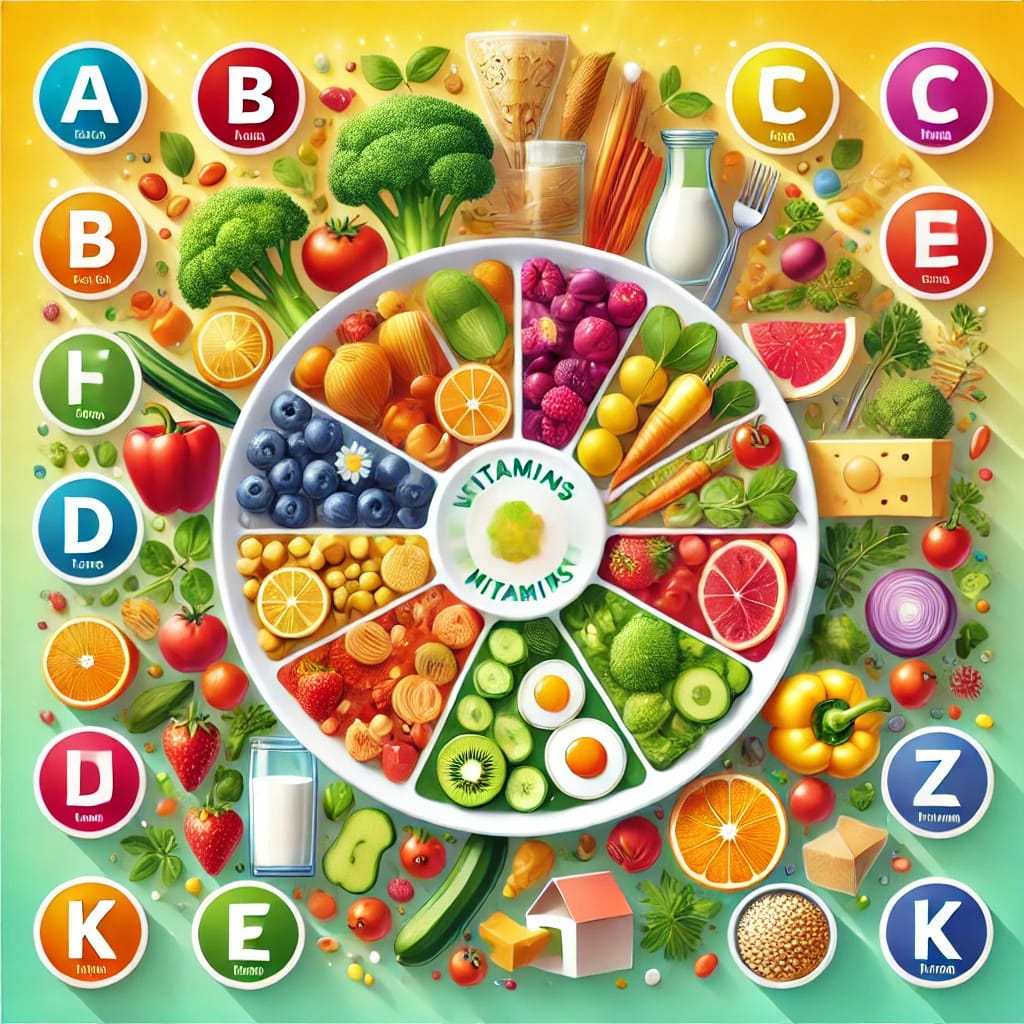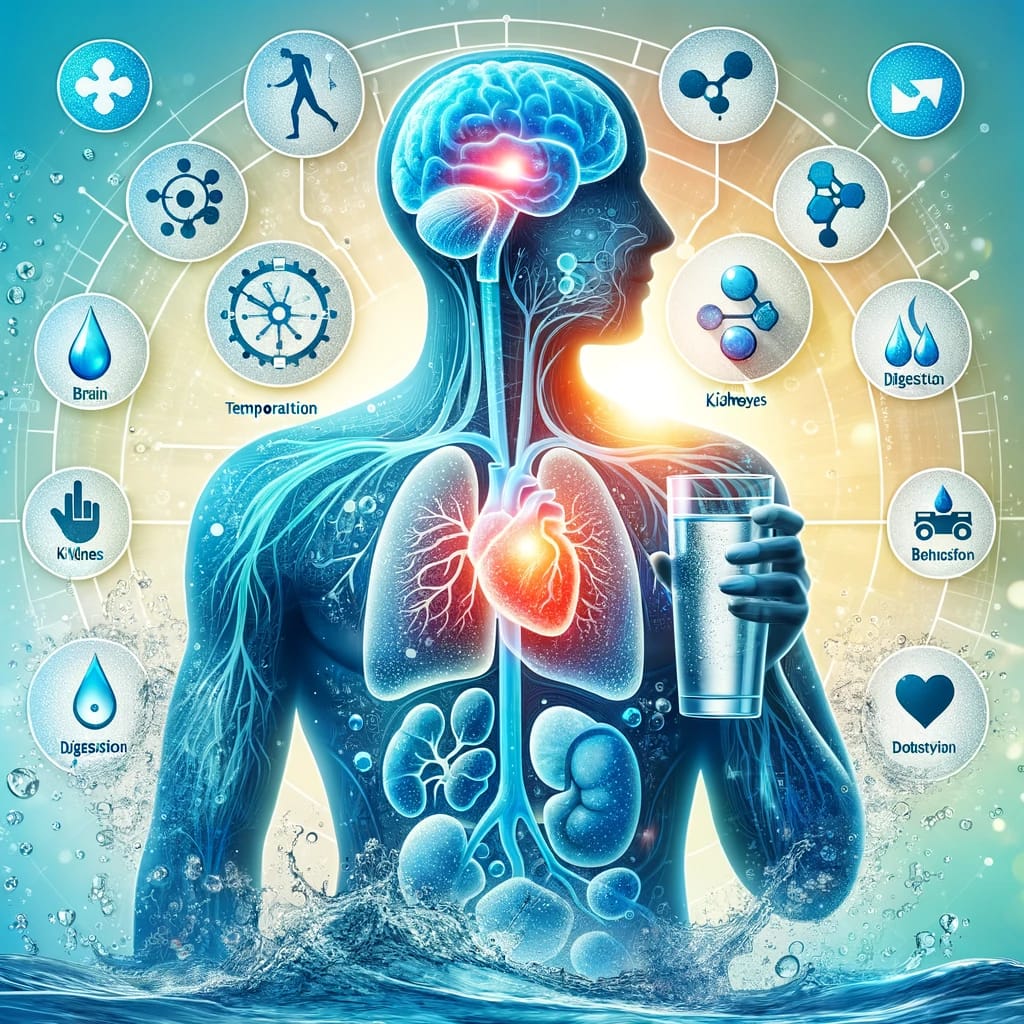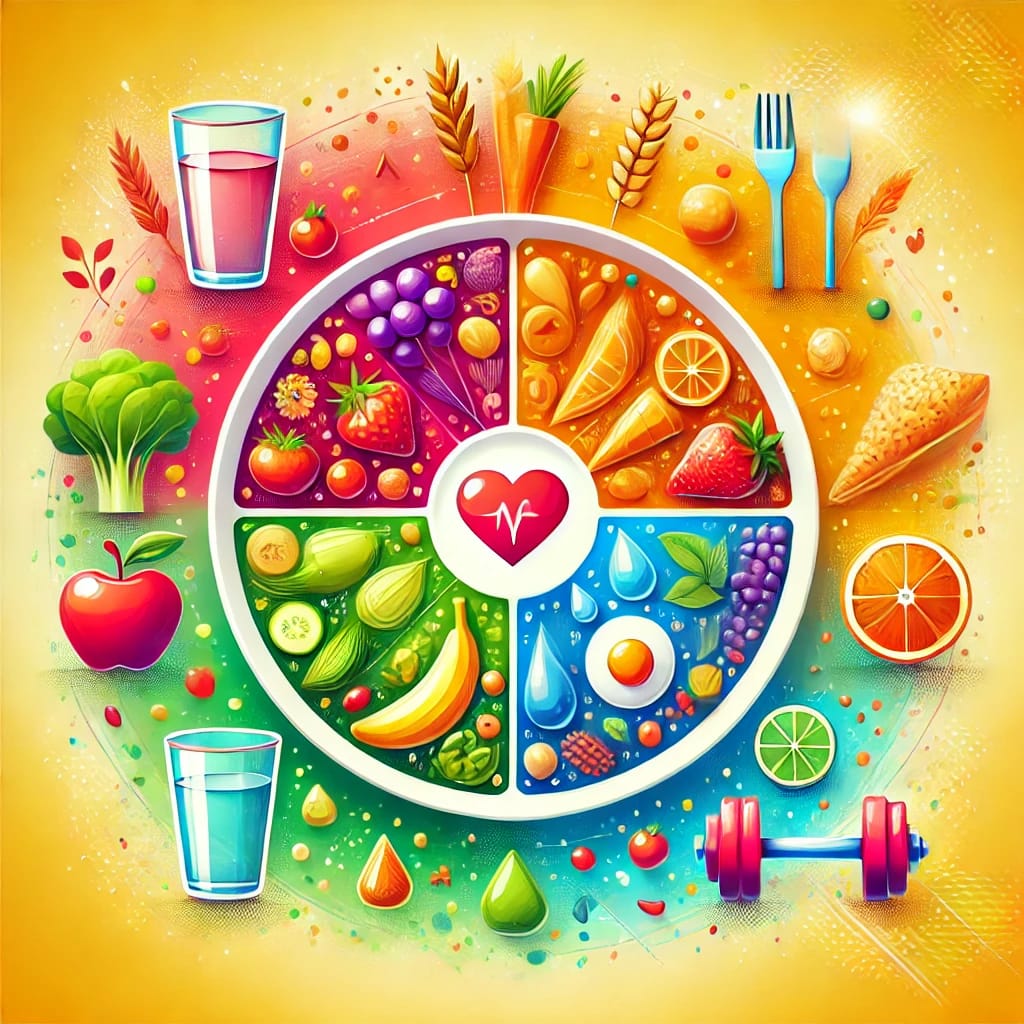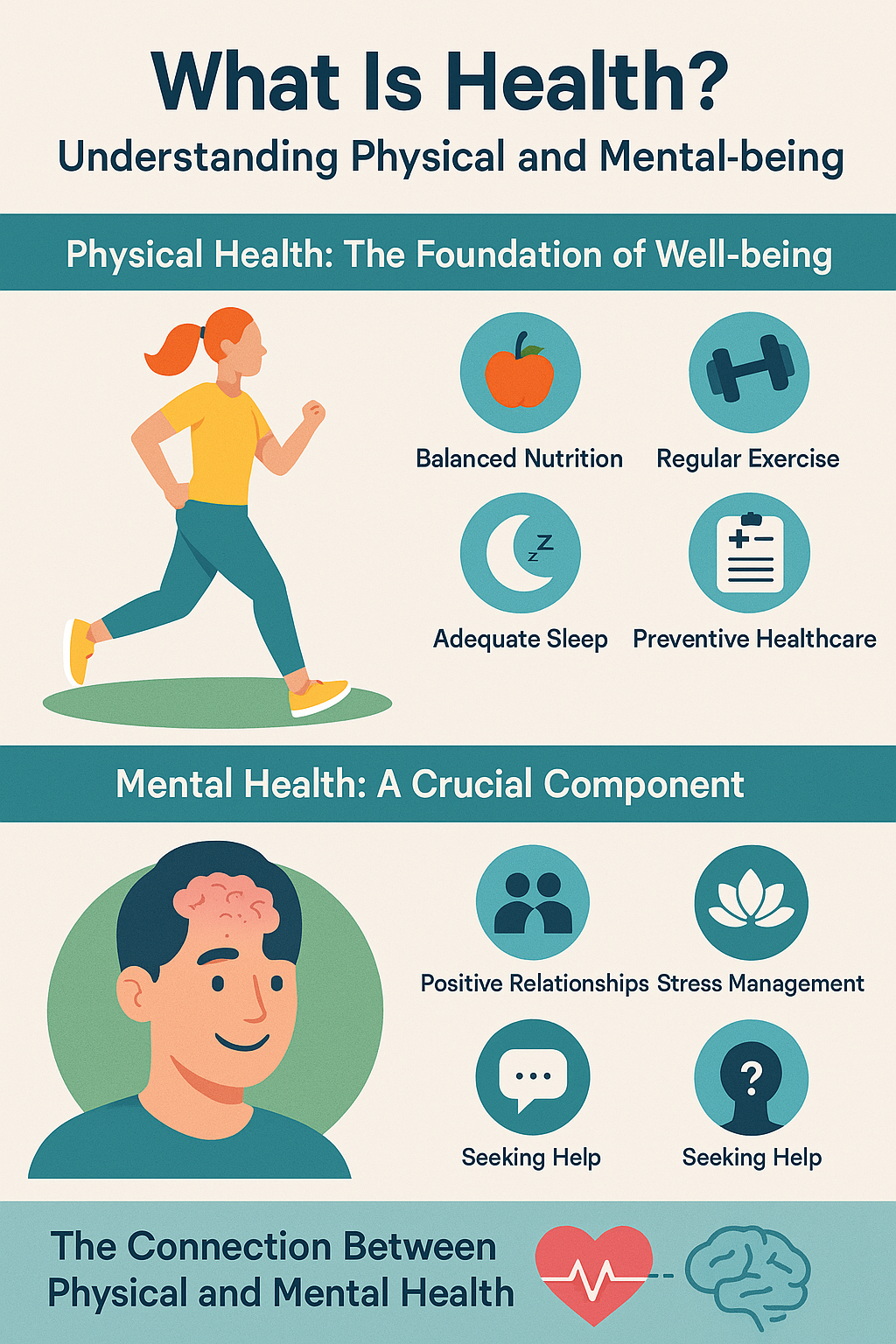Nutrients are substances that the body needs to function properly, grow, and maintain overall health. They provide energy, support bodily functions, and prevent diseases. There are two main types of nutrients: macronutrients (needed in large amounts) and micronutrients (needed in smaller amounts but equally essential). Among micronutrients, vitamins and minerals play a crucial role in keeping the body healthy.
Essential Vitamins and Their Benefits
Vitamins are organic compounds required for various metabolic processes. Each vitamin has a unique function in maintaining health:
Vitamin A: Supports vision, skin health, and the immune system (found in carrots, spinach, and dairy products).
Vitamin B Complex: Includes B1 (Thiamine), B2 (Riboflavin), B3 (Niacin), B6, B9 (Folate), and B12, which help in energy production, brain function, and red blood cell formation (found in whole grains, eggs, and leafy greens).
Vitamin C: Boosts immunity, aids in wound healing, and enhances iron absorption (found in citrus fruits, bell peppers, and strawberries).
Vitamin D: Strengthens bones and improves calcium absorption (found in sunlight exposure, fish, and fortified dairy products).
Vitamin E: Acts as an antioxidant and promotes skin health (found in nuts, seeds, and vegetable oils).
Vitamin K: Helps in blood clotting and bone health (found in green leafy vegetables and dairy products).
Essential Minerals and Their Benefits
Minerals are inorganic elements necessary for various physiological processes. Key minerals include:
Calcium: Builds strong bones and teeth, supports muscle function (found in dairy products, leafy greens, and almonds).
Iron: Essential for oxygen transport in the blood (found in red meat, spinach, and legumes).
Magnesium: Helps with nerve function, muscle relaxation, and energy production (found in nuts, seeds, and whole grains).
Zinc: Supports the immune system, wound healing, and cell growth (found in meat, shellfish, and nuts).
Potassium: Regulates fluid balance, muscle contractions, and nerve signals (found in bananas, potatoes, and beans).
Sodium: Maintains proper hydration and nerve function (found in table salt, processed foods, and seafood).
How to Get Enough Nutrients in Your Diet
To ensure the body gets all essential vitamins and minerals, follow these tips:
Eat a balanced diet that includes fruits, vegetables, whole grains, lean proteins, and healthy fats.
Limit processed and junk food, which often lack essential nutrients.
Stay hydrated and include nutrient-dense foods in every meal.
Consider supplements only if recommended by a healthcare provider.
Conclusion
Nutrients, especially vitamins and minerals, are vital for overall health and well-being. A diet rich in diverse, nutrient-dense foods ensures the body functions optimally and prevents deficiencies. Prioritizing proper nutrition leads to a healthier and more energetic life.
Reduce Stress with Flutter Bees Game
Looking for a fun way to relax and reduce stress? Try Flutter Bees, an engaging clicker game and bee hive defense challenge. This game helps you unwind by tapping your way to higher scores while enjoying exciting tasks. Watching your points increase and completing in-game challenges makes it both fun and rewarding. Playing Flutter Bees is an enjoyable way to relieve stress and boost mental relaxation. Check it out here: Flutter Bees








Leave a Reply